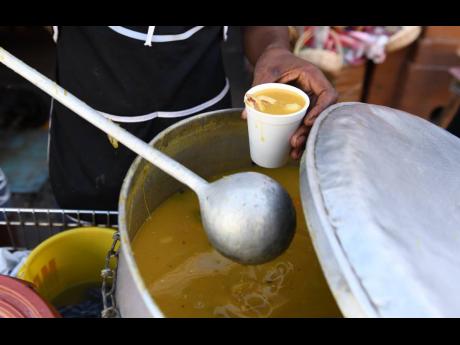Mahfood: Styrofoam demand still high, despite ban
L ess than a month before the styrofoam ban is to take full effect, business groups are still waiting for the Jamaican Government to give final word on whether their push for an extension will be heeded.
Manufacturer Wisynco Group, which initially estimated a $1-billion fall-off in sales if it had to shutter that side of its business, was able to secure a partnership under which it will continue to produce containers with different material. That has left the company less exposed.
In July, Wisynco announced an alliance with Plastifar, the manufacturers of the Bionature line of products, and has since rolled out an environment-friendly range of food-grade biodegradable products made of paper pulp, a renewable raw material. The products are also said to be carbon dioxide-neutral.
“The products are coming on, but there is still a lot more demand for the styrofoam. Requests have been made primarily from the Jamaica Manufacturers’ and Exporters’ Association and the Small Business Association, JMEA, for the Government to look at an extension of the styrofoam ban,” said William Mahfood, chairman of Wisynco Group Limited, on Wednesday.
“We will have to wait and see if they are going to agree to extend it. In any case, we have the alternatives in place, so we are prepared. I think who will not be prepared are the small cookshops with the new cost associated with those alternatives,” he said.
The Jamaican Government implemented a ban on the production and importation of single-use plastics, and importation of styrofoam on January 1 of this year, but manufacturers of styrofoam were given an additional year, to January 1, 2020, to ramp down production.
The JMEA, from the policy was announced in 2018, has been lobbying for more time for its members, and Mahfood himself had made the case that three to five years was a more reasonable time frame to exit production, and would have been more in line with the allowances made in other jurisdictions that have implemented similar bans.
The Wisynco chairman told the Financial Gleaner that the increased cost to microenterprises could run to about $3 billion per year, an estimate that was based, he said, on the differential in prices between current foam alternatives and the fibre environment-friendly containers, and the annualised quantities sold by his company.

